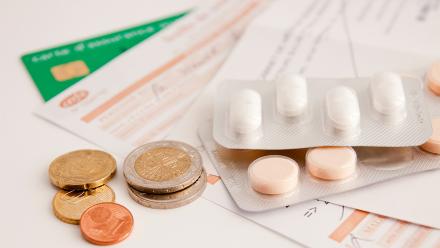As part of the scheme to improve the quality of public action, the Inspection générale des Finances (IGF) and the Inspection générale des Affaires sociales (Igas) were commissioned in November 2023 to conduct an expenditure review on medical devices, which accounted for €14bn of Health Insurance expenditure in 2022. This spending has risen by €2.4bn since 2017, an increase of 3.7% per year.
The authors have identified three cost-saving levers: user participation, price and tariff control, and volume control. The first lever would be the introduction of a deductible and an increase in co-payments. Although they are the only healthcare products not subject to a deductible, the introduction of a €1 deductible would generate savings of €259 million by 2025. A ten-point increase in co-payments would generate savings of €370 million. The second lever, based on controlling prices and tariffs, is already being used, and currently generates savings of €128 million a year. This amount could be increased by €100-250 million as part of the negotiations conducted by the Comité économique des produits de santé (Ceps), over the period 2025-2027.
In addition, the volume of prescriptions could be monitored more closely by means of prior agreement requests. It would also be advisable to provide better support for professionals, notably through the development of prescription and dispensing assistance software. Finally, a review of indications and prescribing conditions is deemed necessary to ensure consistency with health recommendations.



